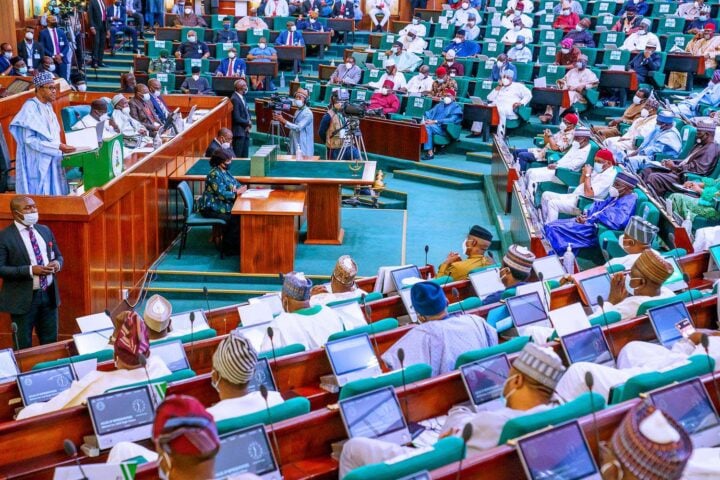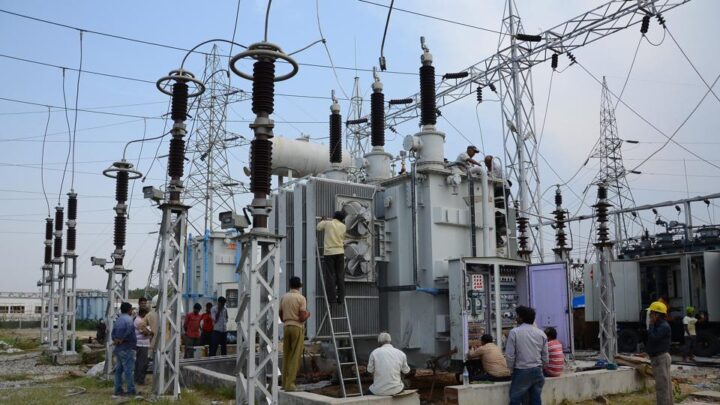The Lagos Chamber of Commerce and Industry (LCCI) has asked the federal government to sustain interventions in selected sectors to boost non-oil export and improve foreign exchange earnings.
Chinyere Almona, director-general, LCCI, said this in a statement on Tuesday.
Almona said despite an impressive recovery from the recession induced by the COVID-19 pandemic in 2020, the country’s weak revenue needs attention to ensure steady growth.
“The economy has consistently recorded growth rates breaking many analysts’ predictions of expected lower growth rates. However, the economy has continued to struggle with many inhibiting burdens like inflation, weak revenue generation, degenerated infrastructure, forex challenges, unsustainable cost profile seen in debt services and subsidy payments, and the daunting threats of worsening insecurity,” the statement reads.
Advertisement
“The chamber is concerned that if we continue in this trajectory, the economy may bleed away into a stagflation which will impact on production cost, job losses, worsened forex crisis, and dampened growth in the medium term.”
The chamber also highlighted threats to future growth that need special attention despite the positive growth in the second quarter of 2022.
“The oil sector has consistently recorded negative growth for the ninth consecutive quarter, contracting again by -11.8 percent year-on-year in Q2 2022 following a higher contraction of -26 percent year-on-year in Q1. If oil revenue makes up more than 80 percent of government revenue, we expect the government to tackle the menace of oil theft and pipeline vandalism with a stricter approach,” the chamber said.
Advertisement
“The non-oil sector grew by 4.8 percent year-on-year in Q2 ’22 against 6.1% year-on-year in Q1 22. Combined, these sectors account for 78.3% of total GDP in Q2. We urge the government to continue with the non-oil campaigns and interventions to sustain the targeted financing towards boosting non-oil exports for enhanced foreign exchange earnings.”
“The growth of 1.2 percent recorded for agriculture and the 3 percent for manufacturing are comparatively low when compared with other sectors that grew at above 5 percent.
“This is also indicative of the threats facing these sectors that power Nigeria’s real sector. The woes in these two sectors are responsible for the frightening rise in our inflation rate. And with the excruciating burden from debt service, subsidy payments, and worsening insecurity, many more production activities may be constrained in the coming months.”
It, therefore, urged the federal government to sustain targeted interventions in selected critical sectors like agriculture, manufacturing, export infrastructure, tackling insecurity, and freeing more money from subsidy payments.
Advertisement
“It is also worrisome that the 2023 budget estimations indicate that there may not be any significant allocation to capital projects in 2023,” it added.
“We urge the government to tackle oil theft to earn more foreign exchange, borrow from cheaper sources to reduce the burden of debt servicing, and take a decisive step towards removing fuel subsidies.”
Add a comment






